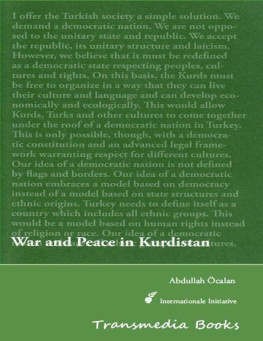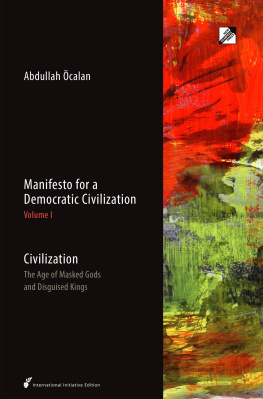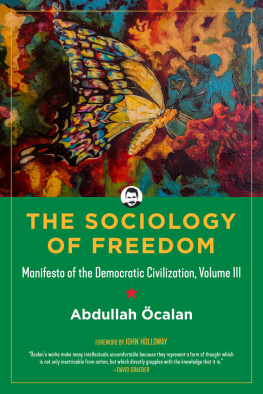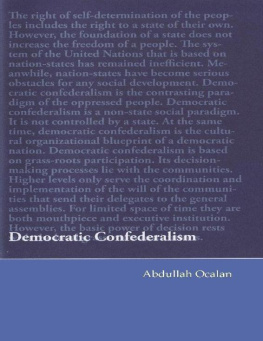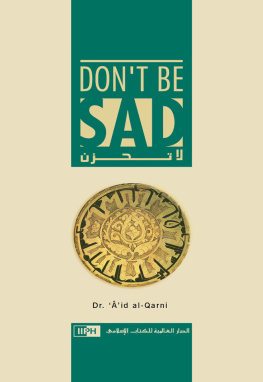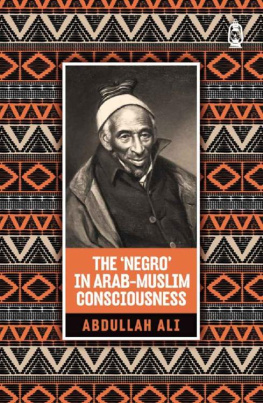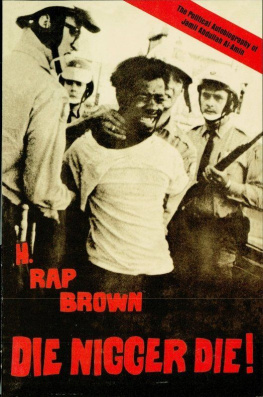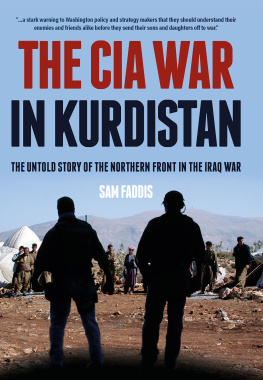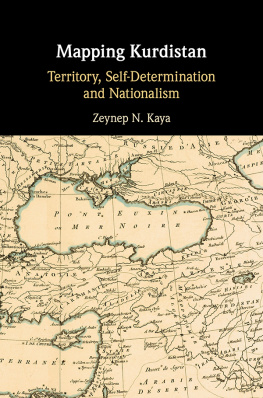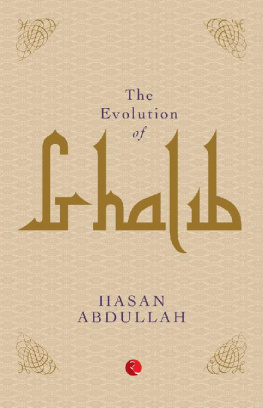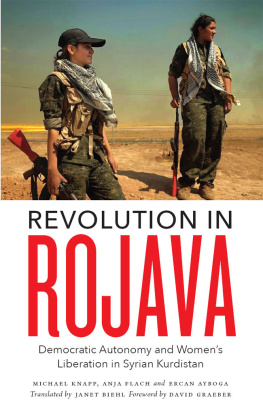Abdullah Ocalan - War and Peace in Kurdistan
Here you can read online Abdullah Ocalan - War and Peace in Kurdistan full text of the book (entire story) in english for free. Download pdf and epub, get meaning, cover and reviews about this ebook. year: 0, genre: Politics. Description of the work, (preface) as well as reviews are available. Best literature library LitArk.com created for fans of good reading and offers a wide selection of genres:
Romance novel
Science fiction
Adventure
Detective
Science
History
Home and family
Prose
Art
Politics
Computer
Non-fiction
Religion
Business
Children
Humor
Choose a favorite category and find really read worthwhile books. Enjoy immersion in the world of imagination, feel the emotions of the characters or learn something new for yourself, make an fascinating discovery.
- Book:War and Peace in Kurdistan
- Author:
- Genre:
- Year:0
- Rating:4 / 5
- Favourites:Add to favourites
- Your mark:
- 80
- 1
- 2
- 3
- 4
- 5
War and Peace in Kurdistan: summary, description and annotation
We offer to read an annotation, description, summary or preface (depends on what the author of the book "War and Peace in Kurdistan" wrote himself). If you haven't found the necessary information about the book — write in the comments, we will try to find it.
War and Peace in Kurdistan — read online for free the complete book (whole text) full work
Below is the text of the book, divided by pages. System saving the place of the last page read, allows you to conveniently read the book "War and Peace in Kurdistan" online for free, without having to search again every time where you left off. Put a bookmark, and you can go to the page where you finished reading at any time.
Font size:
Interval:
Bookmark:
Abdullah Ocalan
War and Peace in Kurdistan
Perspectives for a Political Solution of the Kurdish Question
Abdullah Ocalan
War and Peace in Kurdistan
Perspectives for a Political Solution of the Kurdish Question
Revised Translation
ISBN 978-394296104
This edition Transmedia Publishing 2011, 2014
Table of Contents
7.1 Denial and Self-D enial
7.2 Main C riticism
7.3 Religion and N ationalism
7.4 Middle Class N ationalism
9.1 H istory and O rigins of the PKK
9.2 Main C riticism s
Foreword
Life in the Middle East is characterized and determined by numerous conflicts, many of which may appear rather strange to west ern eyes and incompatible with western ideas and western concepts of ratio and logos. This impression is also true of the Kurdish qu estion, a term that describes one of the most complex and bloody fields of conflict in the Middle East yet unresolved. However, as long as we do not discuss all dimensions of this conflict in equal measure , it will continue and even aggravate further , thus creating new and far-reaching problems. The historical, economic al and political dimensions of the Kurdish question exceed by far the A rab- I sraeli conflict, which, in contrast to the Kurdish question, enjoys the attention of the international public. K nowledge about the Kurdish conflict is limited , and because it is taking place in a central region of the M iddle E ast both with respect to demography and geostrategic importance, this deficit often results in one-sided and superficial analysis of this complex problem.
Since the settlement area of the Kurds spans the present territories of Arabs, Persians, and Turks the Kurdish question necessarily influences most of the region. A solution in one part of Kurdistan also affects other parts of Kurdistan and its neighboring countries. Conversely, the destructive approach of actors in one country may have negative effects for the solution of the Kurdish question in on e of the other countries. The rugged Kurdish landscape is practically made for armed struggle, and the Kurds have been fighting colonization or conquest by foreign powers since time immemorial. Resistance has become part of their life and culture.
At the beginning of a solution process, the conflict needs to be recognized and defined. With a view to the Kurdish question, a realistic definition of the Kurdish phenomenon is therefore important. However, this is also where much of the disagreement begins. While the Arabs call the Kurds Arabs fr om Yemen the Turks call them M ountain Turks and the Persians regard them as their ethnic relatives . It is not astonishing, therefore, that the political backdrop of the Kurdish question is marked by arguments over definitions.
The Kurdish question has not emerged out of the blue. It is the present result of a long historical process and does not have much in common with similar issues in other parts of the world. In fact, there are some fundamental peculiarities and differences. All of them need to be addressed in a solution process. Any policy building merely on apparent common ground leads to irresolvable problems. A policy targeted on a solution needs to realistically analyze the phenomenon and include both the national, political and social background and also all parties involved in the conflict. It is indispensable, therefore, to recognize the existence of the Kurdish phenomenon. This, on the other hand, is not possible without knowledge of the historical background.
Etymology of the words Kurd and Kurdistan
The name Kurdistan goes back to the Sumerian word Kur, which meant something like mountain more than 5,000 years ago. The suffix ti stood for being related to something . The word kurti then had the meaning of mountain tribe or mountain people . The Luwians, a people settling in western Anatolia about 3,000 years ago called Kurdistan Gondwana , which meant land of the villages in their language. In Kurdish, gond is until today the word for village. During the reign of Assur the Kurds were called Nairi , which meant as much as people by the river .
In the middle ages under the reign of the Arab sultanates, the Kurdish areas were referred to as Beled-Ekrat . The Seljuk Sultans , themselves using the Persian language, were the first who used the word Kurdistan , land of the Kurds, in t heir official communiqus. The O ttoman sultans also called the settlement area of the Kurds Kurdistan . Until into the twenties of the 20th century, this was the name generally used . After 1925, the existence of the Kurds was denied, particularly in Turkey.
Kurdish settlement area and Kurdish language
The Kurds do exist, though. Kurdistan comprises an area of 450,000 square kilometers surrounded by the settlement areas of the Persians, Azeri, Arabs, and Anatolian Turks. It is a mostly mountainous area with many forest s, rich water r esources , and numerous fertile plains. Agriculture has been at home here for thousands of years. It was here, that t he Neolithic revolution began when the hunter-gatherers settled here and began farming the fields . The region is also called the cradle of civilization or passage area . Thanks to its geographical position, the Kurds have been able to protect their existence as an ethnic community until today. On the other hand, it was the exposed position of the Kurdish settlement area, which often w h etted the appetite of external powers and invited raids and conquest. The Kurdish language reflects the influence of the Neolithic revolution, which is believed to have begun in the region of the Zagros and Taurus mountains. Kurdish belongs to the I ndo - Germanic family of languages.
O utline of Kurdish history
It is highly probable that the Kurdish language and culture began to develop during the fourth ice age ( 20,000 - 15,000 BC) . The Kurds are one of the oldest autochthon populations in the region. About 6,000 BC they split into several branches. Historiography first mentions the Kurds as an ethnic group in connection with the Hu r r i an s (3,000 2,000 BC). Therefore, it is assumed that the predecessors of the Kurds, the Hur r i an s , lived in tribal confederations and kingdoms together with the Mitanni , descendants of the Hur r i an s, the Nairi , the U rarte ans , and the Medes . Th eir political structures had already rudimentary state-like features. At that time, there were not yet any developed patriarchal social structures . I n the Neolithic agricultural societies as well as in the Kurdish social structures women had a prominent position, which showed also in the Neolithic revolution.
It was Zoroastri ani sm, which sustainably influenced and changed the Kurdish way of thinking in the time between 700 and 550 BC. Zoroastrianism cultivated a way of life that was marked by agriculture where men and women were on par with each other. Love of animals had an important position and freedom was a high moral good. Zoroastrian culture equally influenced eastern and western civilization, since both Persians and Hellenes adopted many of its cultural influences. The Persian civilization, however, was founded by the Medes, which are believed to belong to the predecessors of the Kurds. In Herodotus histories, there is much evidence for a division of power between both ethnic groups in the Persian Empire. This is also true for the subsequent Sassanid Empire.
During the classic antiquity, the Hellenic culture left deep traces in the eastern hemisphere. The principalities Abgar in Urfa and Komagene, the center of which was near Adiyaman-Samsat, and the kingdom of Palmyra in Syria were deeply influenced by the Greeks. We may say that it is there that we can find the first synthesis of oriental and occidental cultural influences. This special cultural encounter lasted until Palmyra was conquered by the Roman Empire in 269 AD , which brought about long-term negative consequences for the development o f the entire region. The appearance of the Sassanid Empire also did not end the Kurdish influence. We may assume that in Kurdistan during this time (216 652 AD) the feudal structures were formed. With the rise of feudalism, the ethnic cohesion began to decay. The Kurdish society developed increasingly feudal ly structured bonds. This course of development towards a feudal civilization contributed sustainably to the Islamic revolution. Islam was directed against the slaveholder structures and changed the ethnical relations during the time of urbanization. A t the same time, it revolutionized the feudal societies mentally and gave them an ideological basis.
Font size:
Interval:
Bookmark:
Similar books «War and Peace in Kurdistan»
Look at similar books to War and Peace in Kurdistan. We have selected literature similar in name and meaning in the hope of providing readers with more options to find new, interesting, not yet read works.
Discussion, reviews of the book War and Peace in Kurdistan and just readers' own opinions. Leave your comments, write what you think about the work, its meaning or the main characters. Specify what exactly you liked and what you didn't like, and why you think so.

